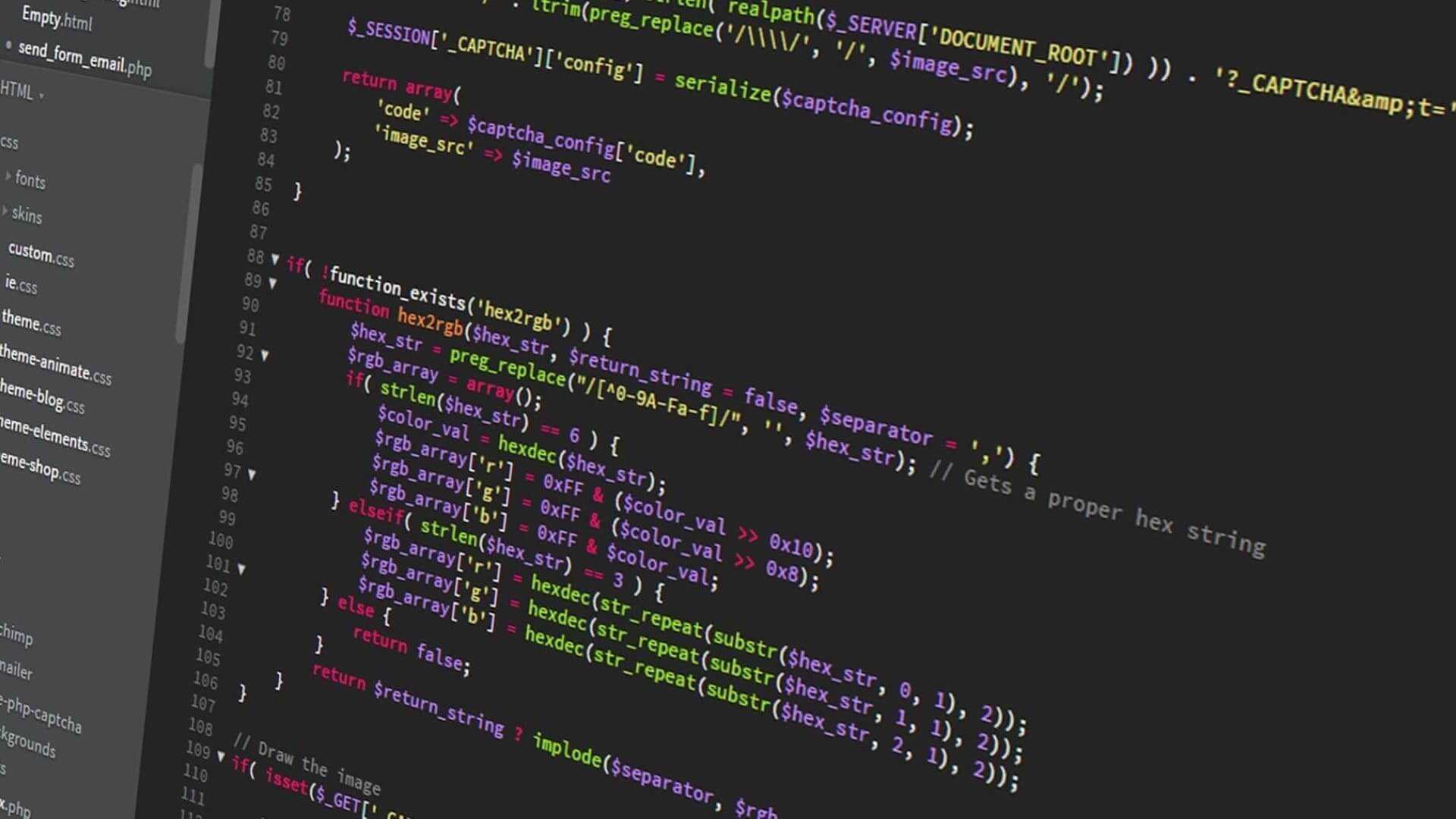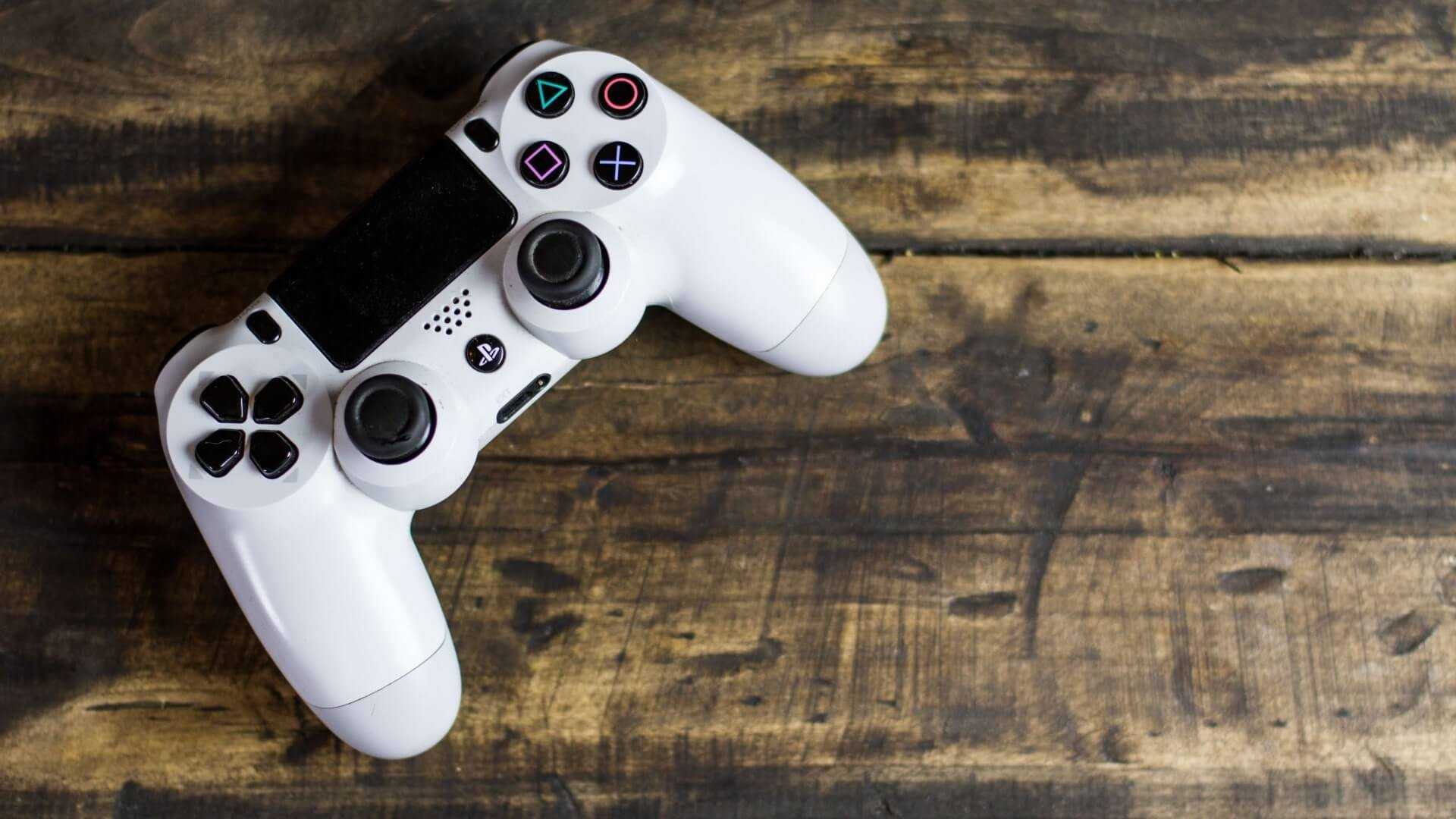Softwares law in Brazil
Downloading ROMs is a crime: Brazilian law explains it all.
Written in January 24, 2010 - 🕒 2 min. readToday I found some information I had been looking for a long time, and I finally found it on the Planalto website. I had read in several places that downloading ROMs is legal as long as you own the original game and all that, and even that it’s legal as long as you delete the ROM file within 24 hours (haha). But it’s hard to trust that without knowing the source of the information. So I searched and found it - and it’s not quite like that: You cannot download the ROM even if you own the original game. What you can do is make a backup copy of your own game.
That’s right! The law states that the user has the right to make a copy of the software they own. In other words: In Brazil, you are not breaking any law by running games on your R4 as long as you own the original game. Here’s paragraph 1 of article 6 from Law 9.609/98:
I – reproduction, in a single copy, of a legitimately acquired copy, provided it is intended as a backup or for electronic storage, in which case the original copy will serve as backup;
With that, you can use your flash cards and backup loaders without worry, as long as you have the original game. And I actually recommend using flash cards and backup loaders to play your games - not only are they more practical, but they also keep your original game safe from damage.
I myself have a copy of Twilight Princess for the Wii that no longer works, but since I still have the game, box, manual, and even the receipt, I keep playing using the backup I made when I first got it. This just shows how flash cards are legit - Nintendo has even tried to get rid of them and failed! Flash cards and backup loaders are extremely useful for those who like to preserve their original games, and that’s not even mentioning the ability to run homebrews. So, keep using your flash cards and backup loaders without fear.
But what about emulators? Well, in this case it’s more complicated, because there’s no specific clause about emulators or reverse engineering in Law 9.609/98. Still, it’s possible to determine the legality of using an emulator based on other facts. Let’s go.
Emulators are developed using reverse engineering of consoles - hackers and engineers work to create software that interprets ROM calls for computer processors. The problem is, many emulators use portions of code from the original console’s firmware, and storing other people’s software on your computer is a crime.
So, the only legal way for an emulator to exist would be if you programmed it yourself at home. Simple, right? Of course, that doesn’t apply to every case, but it’s good to know that things aren’t so black-and-white - Brazil does have legislation covering software.
Source: planalto.gov.br/
Tags:
Related posts
Post a comment
Comments
No comments yet.


